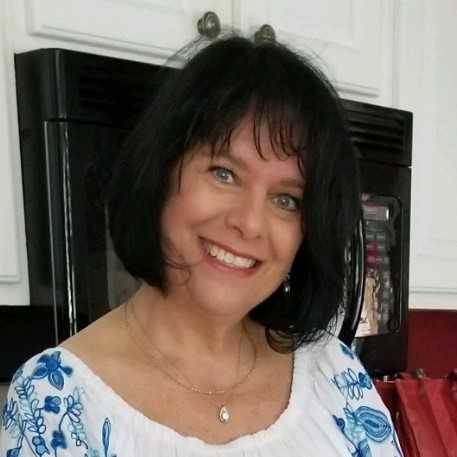LAURINBURG — Where are your medications right now? Are they safe and secure?
Anyone who has seen the Lock Your Meds Campaign knows it is supported by the CURES grant that Robeson Health Care Corp. was awarded back in late November 2017. And its benefits will overlap into Scotland County.
Whether it is the billboard on U.S. 74, a public service announcement or even the ads in the newspaper, the grant has made it possible for RHCC to spread awareness and actions the public can use to fight the opioid crisis in the region.
The center is planning to bring fresh faces to the movement and start a SADD chapter with the Scotland High School Beta Club this school year. Prevention specialist and CURES Coordinator LaMara Chandler said, “We are trying to get the youth involved to be able to go out and bring awareness around the misuse of prescription drugs.”
Chandler was happy to report how the CURE grant is helping the community at this month’s Scotland County commissioners board meeting. RHCC is in its second year of funding and Chandler says they have been establishing relationships around the region.
She told the board about many of the efforts RHCC are accomplishing, like providing hospice social workers with proper disposal kits and lock boxes for patients and families. The corporation is also actively showing thirty minute presentations to local senior programs and churches.
The Scots for Youth organization works with children from age 6 to 17 and has a Juvenile Gang Intervention Program, as well as a Substance Abuse Education/Prevention Program.
Scots for Youth executive director Stephanie Johnson hopes to soon use one of the CURE programs to benefit their youth.
“I have had a couple of parents of these youth that are using opioids, so we definitely could partner with them in several ways,” Johnson said.
RHCC’s main goals are to partner with local representatives like law enforcement, which they provide local officers naloxone. Naloxone is an opioid reversal drug which officers, first responders and family members can administer to the patient. The center also works with local healthcare, schools, higher education institutions, and local managed care organizations.
Although Scotland County Health Department did not recieve the CURES grant, they are working with RHCC to adovacate and spread the information that RHCC has in the county. SCHD was one of 12 local health departments to receive a grant to implement projects that combat the opioid crisis by advancing the goals of the N.C. Opioid Action Plan.
“I have attended trainings that show opioid use/overdose is on the rise and why it’s important to educate the public (everyone) on what opioids are, the danger in using opioids especially if they are not prescribed to an individual and monitored by primary physician, etectera,” said SCHD’s Public Health Educator and Public Information Officer Kathy Cox.
According to the North Carolina Department of Health and Human Services, the state is successful in its efforts toward the opioid crisis so far.
“In the fourth quarter of 2017, there were 20 million fewer opioid pills dispensed statewide, compared to the same period the year before when 141 million were distributed,” the NCDHHS website claimed. “Data also indicate more people are receiving care through medication-assisted treatment, coupled with clinical treatment services, for substance use disorder.”
Jael Pembrick can be reached at at 910-506-3169 or [email protected].

